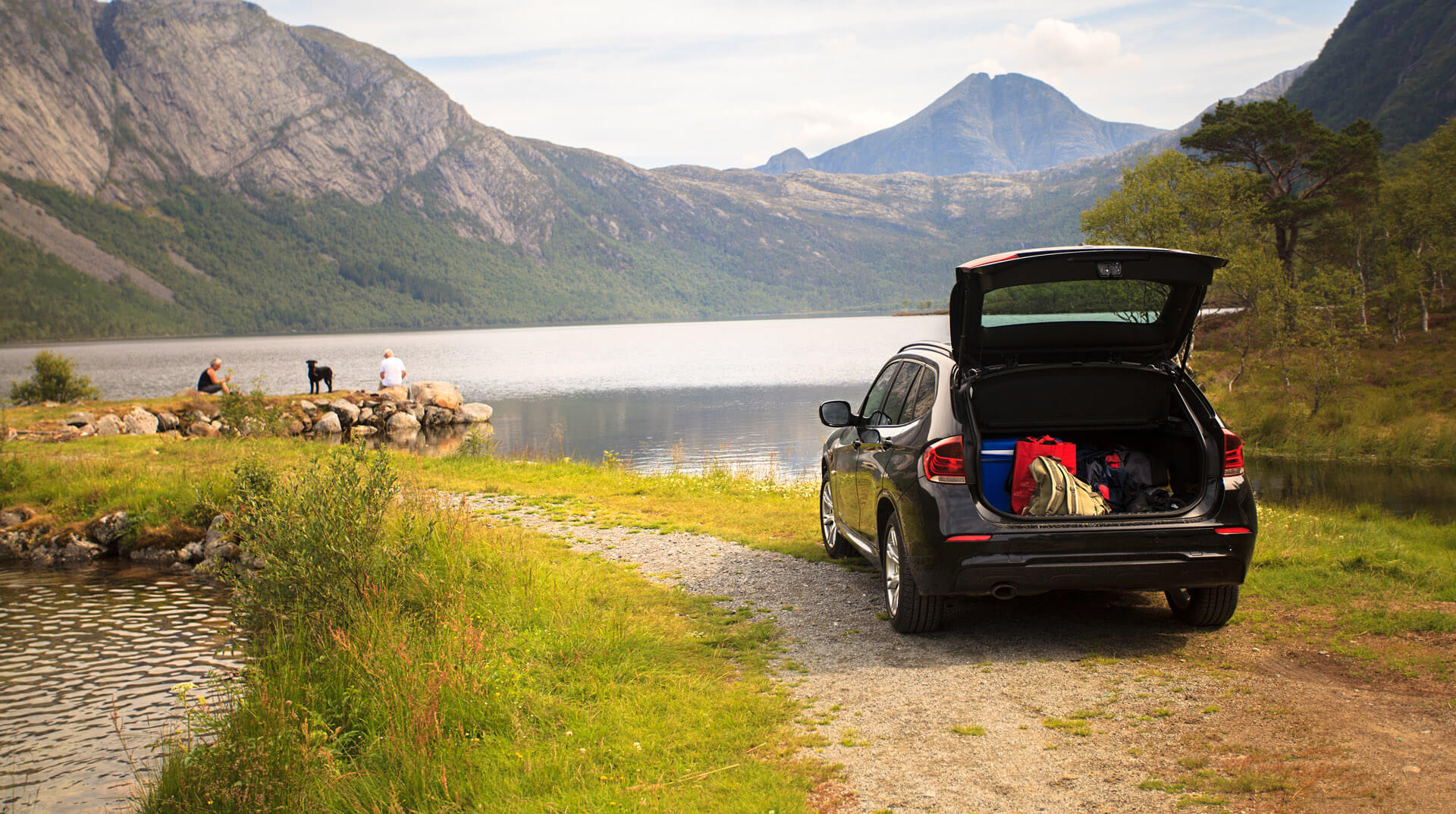Protect Your Car with Auto Insurance
Auto Insurance isn’t just a good thing to have to protect you financially in the case of a car accident – in many states it’s required.
All of the insurance companies we represent provide a wide range of auto insurance products at a fair price. Your price gets even better if you qualify for any of our available discounts. When applying for auto insurance, you’re usually asked whether you want collision and/or comprehensive coverage, how high you want your deductible to be, what liability limits you want, and whether you want any types of optional coverage.
Make sure you understand what these terms mean and how much coverage is right for you.
- Standard and Preferred auto insurance
- High Risk auto insurance
- Classic autos / High Valued autos
- Special program for Mature/Elderly Drivers
- Discounts that are available
- Recreational vehicles / Boats
Auto Coverage Options:
Collision and Comprehensive (other than collision) Coverages
Collision and Comprehensive (other than collision) coverages pay for damage to your automobile. You can purchase either or both of these coverages for each vehicle you own. If you have an auto loan you may be required to purchase both.
- Collision coverage insures you against damage to your vehicle caused during an accident.
- Comprehensive (other than collision) coverage insures you against all other physical damage to your car caused by such events as fire, theft, flood, and vandalism.
Collision and comprehensive (other than collision) coverage usually includes a deductible, which can range from $100 to $1,000. If your car is damaged, the insurance company pays only for the damage in excess of the deductible you selected. The higher the deductible, the lower the premium.
Liability Coverage
Liability coverage pays for injuries you cause to other people and damage you cause to other people’s property when you are at fault in an automobile accident.
Medical Payments Coverage
Medical Payments coverage pays medical expenses (up to a specified dollar limit) for you and passengers of your car who are injured in an automobile accident, no matter who is at fault. If you and your passengers have health insurance, you may not need this coverage.
Personal Injury Protection
Some states require Personal Injury Protection, which is also known as No-Fault coverage. This coverage pays for things like medical and rehabilitative expenses, replacement services, and funeral expenses. It also pays for loss of income if you are injured in an auto accident and are unable to work.
Uninsured/Underinsured Motorist Coverage
This coverage pays if you are injured by a person who is completely uninsured or doesn’t have enough liability insurance to cover your injuries. It also covers you if you are in an accident with a hit-and-run driver.
Optional Coverage
Optional or special coverage includes extras such as towing, rental reimbursement, and roadside assistance. None of these coverages are required.
How much do I need?
Choosing the appropriate level of auto insurance coverage depends on a number of factors, including assets you must protect (liability coverage), value of your vehicle (collision and comprehensive), the amount of money you can afford to pay out-of-pocket (deductibles), and your tolerance for risk.

